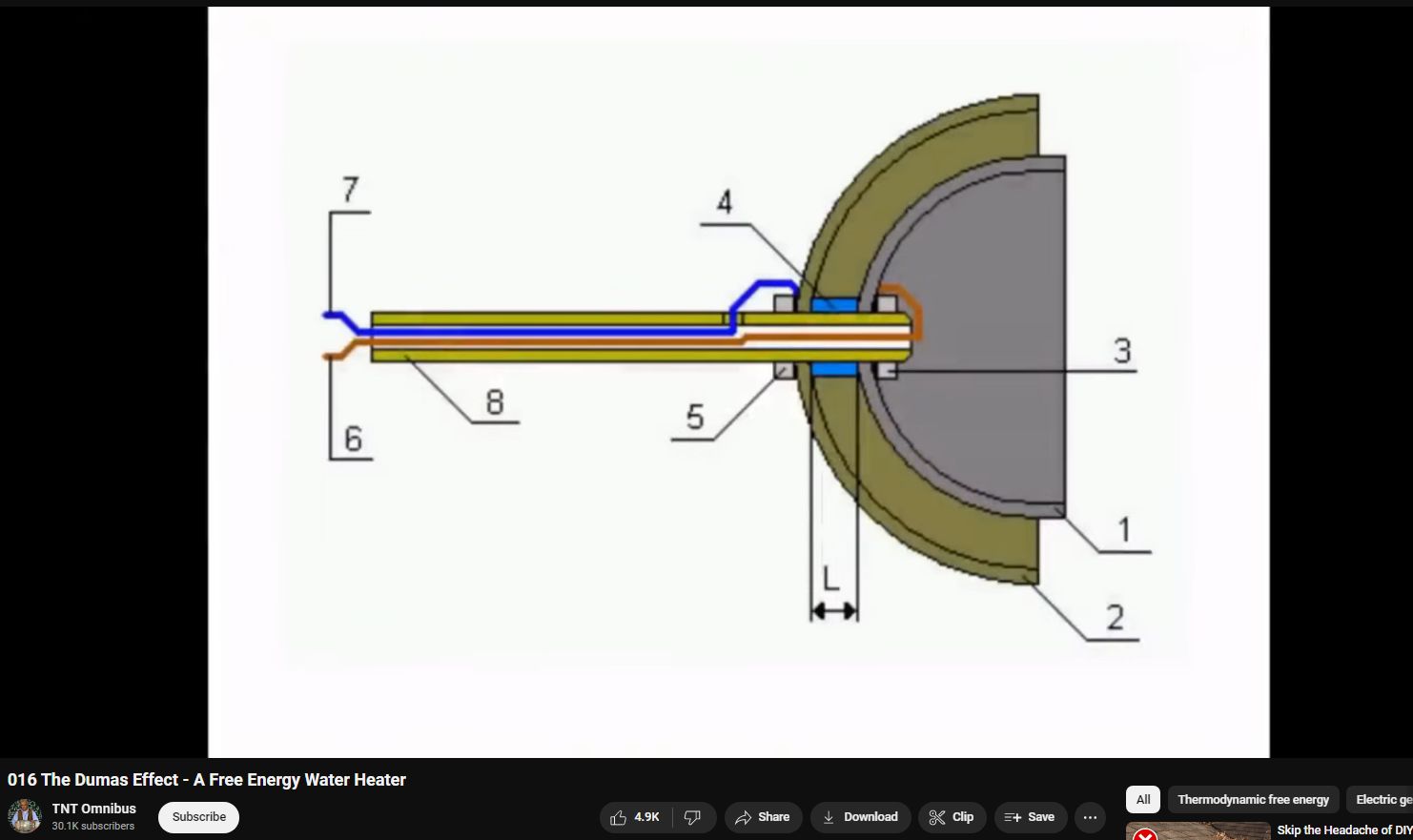Boiling Water with Resonance

- Boiling Water: Boiling occurs when a liquid reaches a temperature where its vapor pressure equals the atmospheric pressure surrounding the liquid, leading to the formation of bubbles within the liquid that rise to the surface and escape into the air as steam. This is a physical change that results from the application of heat.
- Resonance: In physics, resonance is a phenomenon that occurs when a system is able to store and easily transfer energy between two or more different storage modes, such as kinetic and potential energy in the case of mechanical systems, or electric and magnetic field energy in the case of electromagnetic systems. When the system is driven at its natural frequency, it can oscillate with greater amplitude. This concept is widely applied in various fields, from acoustics (e.g., musical instruments) to engineering (e.g., bridge design) and quantum mechanics.
- Boiling Water and Heat Transfer: The process of boiling water involves heat transfer, where energy is transferred from a heat source to the water until it reaches its boiling point.
- Resonance in Physical Systems: While not directly related to boiling water, resonance can affect fluid systems under certain conditions, such as in acoustic resonance, which can cause vibrations in liquid-filled cavities at specific frequencies.

Visited 20 times, 1 visit(s) today